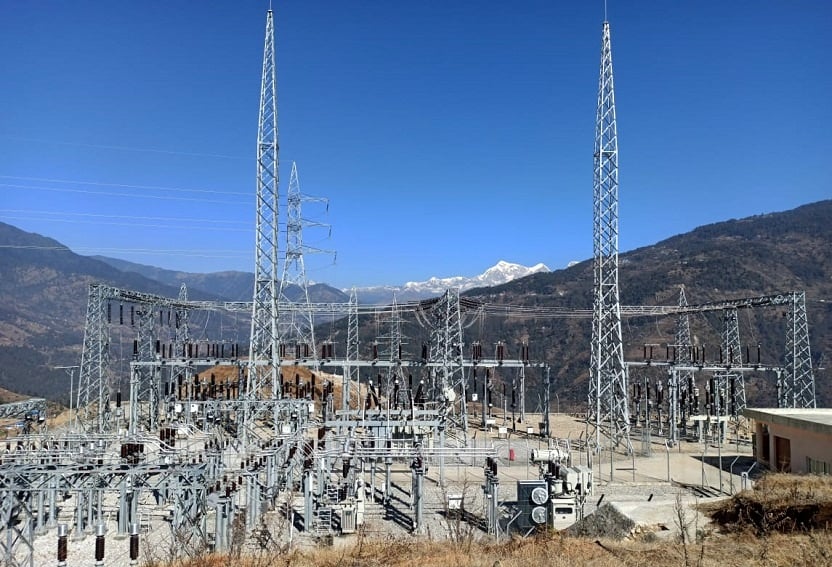China asks Gurung: Is interpretative declaration the answer to US's intervention?

MARCH 29: The day Chinese Foreign Minister Wang Yi visited Nepal, Dev Gurung, a CPN (Maoist Center) leader along with some others visited China. Ahead of Gurung’s visit, Bishnu Poudel, Vice-Chairman of CPN-UML, had also visited China. Many believe that China wants UML and Maoist Center to join forces but leader Gurung and Poudel maintain that their visits one after another was just a coincidence.
After Nepal ratified the Millennium Challenge Corporation (MCC)-Nepal compact, a $500 million US grant, China has been expressing its concern directly and indirectly time and often.
Ratopati recently talked with Gurung about his visit to China and China’s position on MCC:
What was the reason you flew to China the day Chinese FM Yi visited Nepal?
I was invited to participate in an event organized by the China Foundation for Peace and Development at Kunming. The event was also attended by some representatives of the Chinese party and government.
What was the event about?
It was about the crisis brought forth by the COVID-19 pandemic in global peace and development. Besides, the event focused on balanced developmental and peace-related activities for maintaining sustainable peace in Asia.
Besides these issues, were there any formal discussions and dialogues?
Except for these issues, there were not many formal discussions and dialogues.
Was the event attended by other countries, too?
No. It was only Nepal and China.
It is obvious that you might have held meetings with Chinese Communist Party leaders as well. Did you?
There was no such formal meeting. But, since you are participating in the same event, it is obvious to have informal talks and discussions.
Regarding Nepal, What is China most concerned about?
It seems to be about peace – maintaining peace in the South-East and influence of western nations. China seems worried that the Western countries might threaten peace in the region.
How has China viewed the MCC-Nepal compact?
China believes that western influence has increased in Nepal with the MCC-Nepal compact being ratified. Besides, China seems concerned about maintaining peace in the region. Discussions were focused on collaboration and coordination between the two neighboring countries as well.
Were you invited to be aware about the MCC-Nepal compact and its consequences?
It is clear that the MCC is a part of the Indo-Pacific Strategy. However, it has been ratified by Nepal with a 12 point interpretive declaration. China’s concern was whether the interpretative declaration can combat American influence in the country.
Was there discussions on the Belt and Road Initiatives agreement, too?
BRI is a campaign of China and they maintained that it is all up to the receiving country to decide either to accept or reject.
There is buzz in the social media that China called both the communist parties in Nepal in order to encourage them to unite and act against western interference in the nation. What is the truth?
No it is not true. We were not invited with UML leaders and they were not there when we were invited. However, China has always wanted the communist parties in Nepal to unite.



_GuyKOE272v.png)






Leave Comment